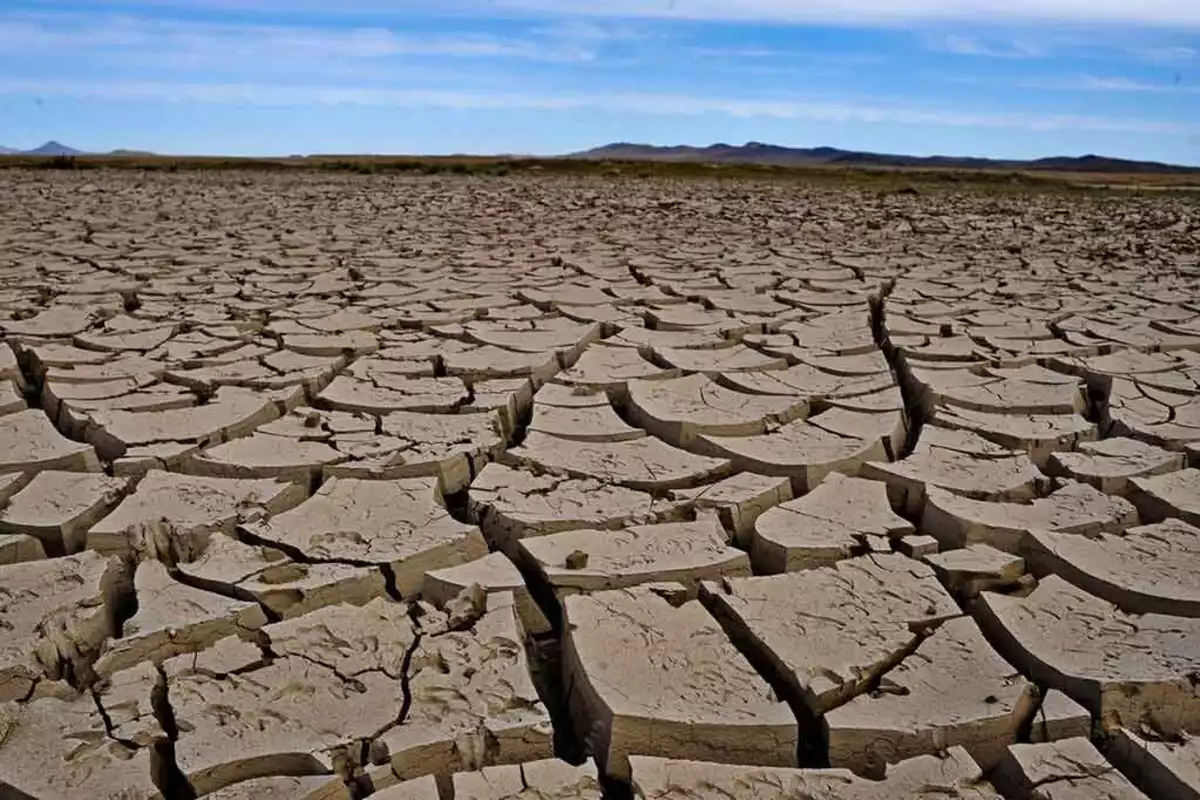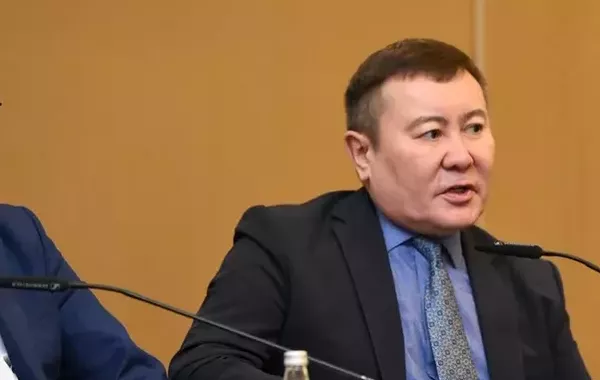
Photo: ADB
Evgeny Vinokurov, Vice-Chairman and Chief Economist of the Eurasian Development Bank (EDB), delivered a candid analysis of Central Asia’s pressing water and energy issues during the Annual Meetings of the Association of Development Financing Institutions in Asia and the Pacific (ADFIAP).
The event, held in Muscat, Oman, featured a plenary session dedicated to sustainable water management and practical strategies for addressing mounting environmental pressures in the region, The Caspian Post reports, citing The Times of Central Asia.
Shrinking Glaciers and Growing Demand
Vinokurov unveiled findings from the EDB’s think tank research, which paint a stark picture: Central Asia’s glaciers have shrunk by 30% over the past 50 years, while water demand continues to rise. Despite this, much of the region’s water infrastructure remains outdated and inefficient, resulting in a loss of 40-55% of available water. Additionally, 10 million people in Central Asia still lack access to safe drinking water. Without targeted intervention, annual water scarcity could reach 5-12 cubic kilometers by 2028.
National Commitments and Regional Coordination
The EDB report emphasized water conservation as a critical pillar in the region’s response to these challenges. Several countries are already pursuing large-scale water-saving initiatives:
“Central Asia’s water crisis cannot be solved in isolation,” said Vinokurov. “Our research provides a roadmap for efficiency, investment, and, most importantly, regional cooperation. This is why the water-energy nexus remains a strategic priority for our Bank, both in terms of investments and research.”
Localizing Water Solutions
The EDB, in partnership with the United Nations Industrial Development Organization (UNIDO), recently published a report titled Irrigation Equipment Production in Central Asia: Industrialising the Water Sector, calling for localized production of irrigation equipment to enhance water efficiency and reduce dependency on imports.
Another key publication from the EDB, The Irtysh River Basin: Transboundary Challenges and Practical Solutions, focuses on the Irtysh River basin shared by China, Kazakhstan, and Russia. The report outlines increasing water demand across the basin and proposes measures for managing cross-border water resources through collaborative frameworks.
Uzbekistan Joins the EDB
On April 9, Uzbekistan became the seventh member of the Eurasian Development Bank, joining Armenia, Belarus, Kazakhstan, Kyrgyzstan, Russia, and Tajikistan. The move is expected to provide new avenues for Uzbekistan to modernize its infrastructure, particularly in the transport, energy, and water sectors, and support its broader industrial and agricultural development goals.
Share on social media

